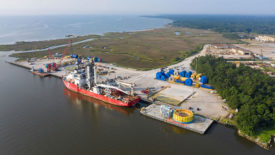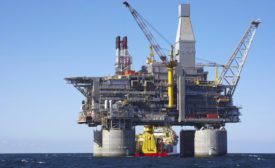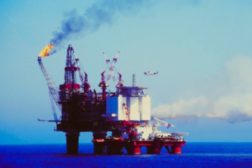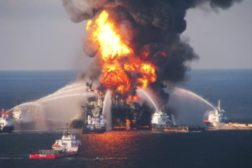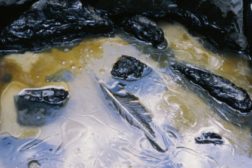Home » Keywords: » offshore
Items Tagged with 'offshore'
ARTICLES
Oil spill commission: improvements made, but…
Arctic environmental safety among top concerns
May 7, 2013
EU takes a “Europe-wide approach” to offshore oil, gas safety
Licensees must have enough capital to handle disaster
March 26, 2013
Become a Leader in Safety Culture
Build your knowledge with ISHN, covering key safety, health and industrial hygiene news, products, and trends.
JOIN TODAYCopyright ©2024. All Rights Reserved BNP Media.
Design, CMS, Hosting & Web Development :: ePublishing
